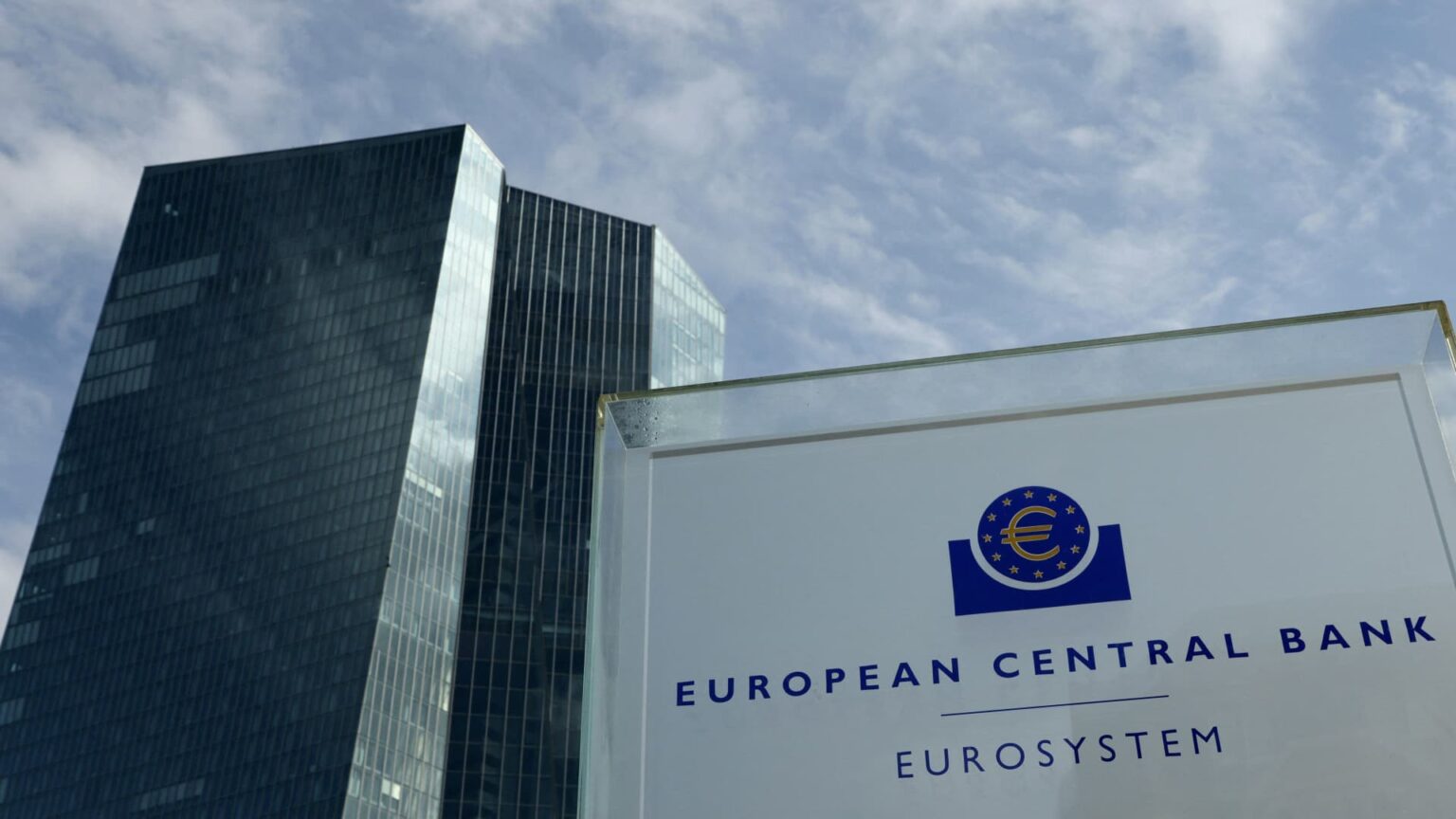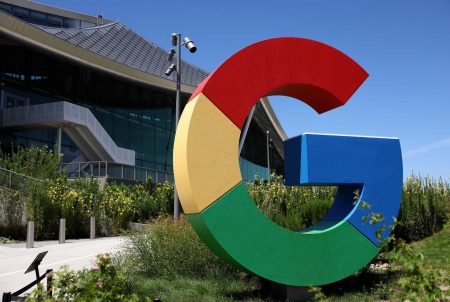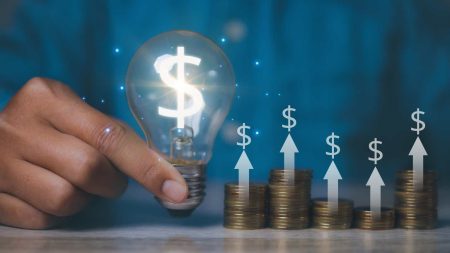The European Central Bank on Thursday announced it is taking its main rate up by 25 basis points to 3.5%, diverging from a U.S. Federal Reserve decision to pause its own hikes on Wednesday.
The central bank has raised rates since July 2022 in an attempt to bring down record-high inflation across the region. The latest inflation reading showed prices cooling down at a faster-than-expected pace, with headline inflation coming in at 6.1% in May and core inflation — which excludes volatile items — at 5.3%. This remains well above the ECB’s target of 2% headline inflation.
While markets widely expected the Thursday decision, investors argue that a lot of uncertainty remains about what the ECB might do beyond the summer.
“The Governing Council’s future decisions will ensure that the key ECB interest rates will be brought to levels sufficiently restrictive to achieve a timely return of inflation to the 2% medium-term target and will be kept at those levels for as long as necessary,” the ECB said in a statement.
Despite the recent cooling in inflation, the ECB actually raised its headline and core expectations for this and next year. It now expects headline inflation at 5.4% this year, at 3% in 2024 and at 2.2% in 2025.
The ECB also turned more negative about growth in the coming years, revising down its growth numbers to 0.9% this year and to 1.5% in 2024. An estimate done three months ago pointed to a GDP rate of 1% this year and of 1.6% in 2024.
The euro turned higher against the U.S. dollar, while European bond yields rose off the back of the announcement.
Different Paths
The latest ECB announcement followed a Wednesday decision stateside from the Federal Reserve to leave rates unchanged. Chairman Jerome Powell said policymakers needed more information to determine next steps, but the central bank projected another two quarter-percentage-point moves later in the year.
ECB President Christine Lagarde is due to speak at 14.45 CET.
Data released earlier this month showed the 20-member area entered a technical recession in the first quarter of this year. Gross domestic product came in at -0.1% for the three-month period to March, after a 0.1% contraction in the last quarter of 2022.
Poor economic performance might limit the ECB’s ability to increase rates further to rein in inflation. ECB officials have nevertheless previously suggested that it is more important to bring down prices than to avoid an economic slowdown.
Read the full article here













